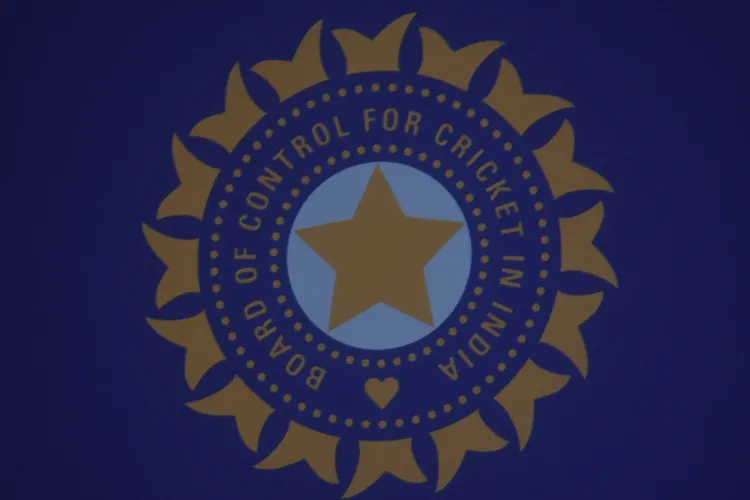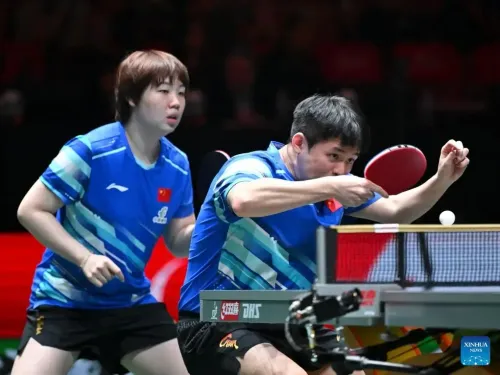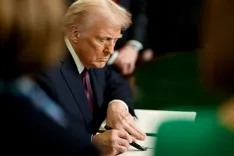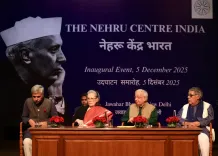Did BCCI Just Lose Rs 538 Crore in IPL's Kochi Franchise Case?

Synopsis
Key Takeaways
- BCCI must pay Rs 538 crore to Kochi Tuskers Kerala.
- The Bombay High Court upheld the arbitration award.
- The dispute centers around a breach of contract by the Kochi franchise.
- BCCI's appeal was dismissed as lacking substantive grounds.
- This case highlights the importance of contract compliance in professional sports.
Mumbai, June 18 (NationPress) The Board of Control for Cricket in India (BCCI) has faced a significant blow as the Bombay High Court has reaffirmed the arbitral decision mandating a payment of Rs 538 crore to the now-defunct Indian Premier League (IPL) franchise, Kochi Tuskers Kerala.
The court dismissed BCCI's lawsuit that contested the arbitral ruling in this long-standing IPL franchise dispute, which has lingered for over ten years. Despite numerous requests, BCCI officials were not reachable for comments regarding this issue.
The BCCI ended the Kochi franchise's contract in 2011 after just one season, claiming that the team breached the contract by failing to provide a bank guarantee on time, a requirement specified in the agreement. The franchise struggled to fulfill its payments to BCCI due to internal disagreements among the owners.
The dispute went to arbitration, and in 2015, the BCCI was ordered to pay Rs 538 crore—Rs 384 crore to KCPL and Rs 153 crore to Rendezvous Sports (the owners of the Kochi franchise)—after the arbitration ruled in favor of the team.
Unhappy with the arbitral outcome, the BCCI sought to overturn the tribunal's decision in court.
On Wednesday, the Bombay High Court upheld the arbitrator's decision.
"The jurisdiction of this Court under Section 34 of the Arbitration Act is very limited. BCCI's attempt to explore the merits of the dispute contradicts the scope of the grounds specified in Section 34 of the Act. BCCI's dissatisfaction with the findings regarding the evidence and/or merits cannot serve as a basis to challenge the Award," stated the Bombay High Court in its ruling.
The franchise, purchased for a staggering Rs 1,550 crore in 2010, defaulted on their annual payments, leading the BCCI to terminate their contract in 2011. The franchise won its case against the BCCI, which resulted in the court ordering the board to pay Rs 550 crore.
Kochi Tuskers Kerala participated in just one season of the IPL in 2012 and finished eighth out of ten teams.










